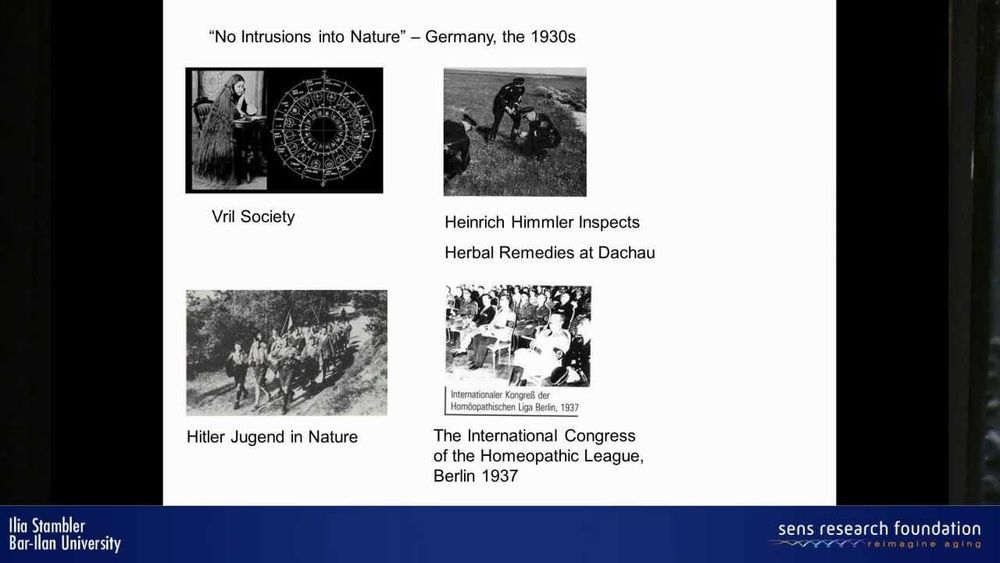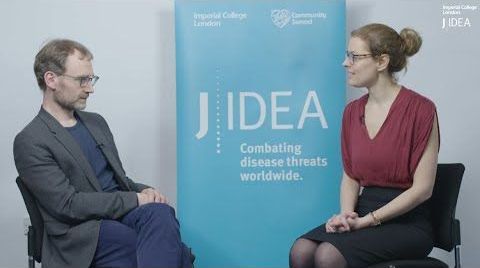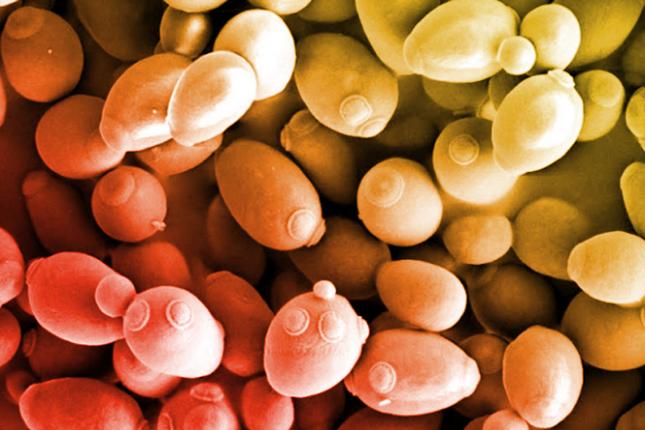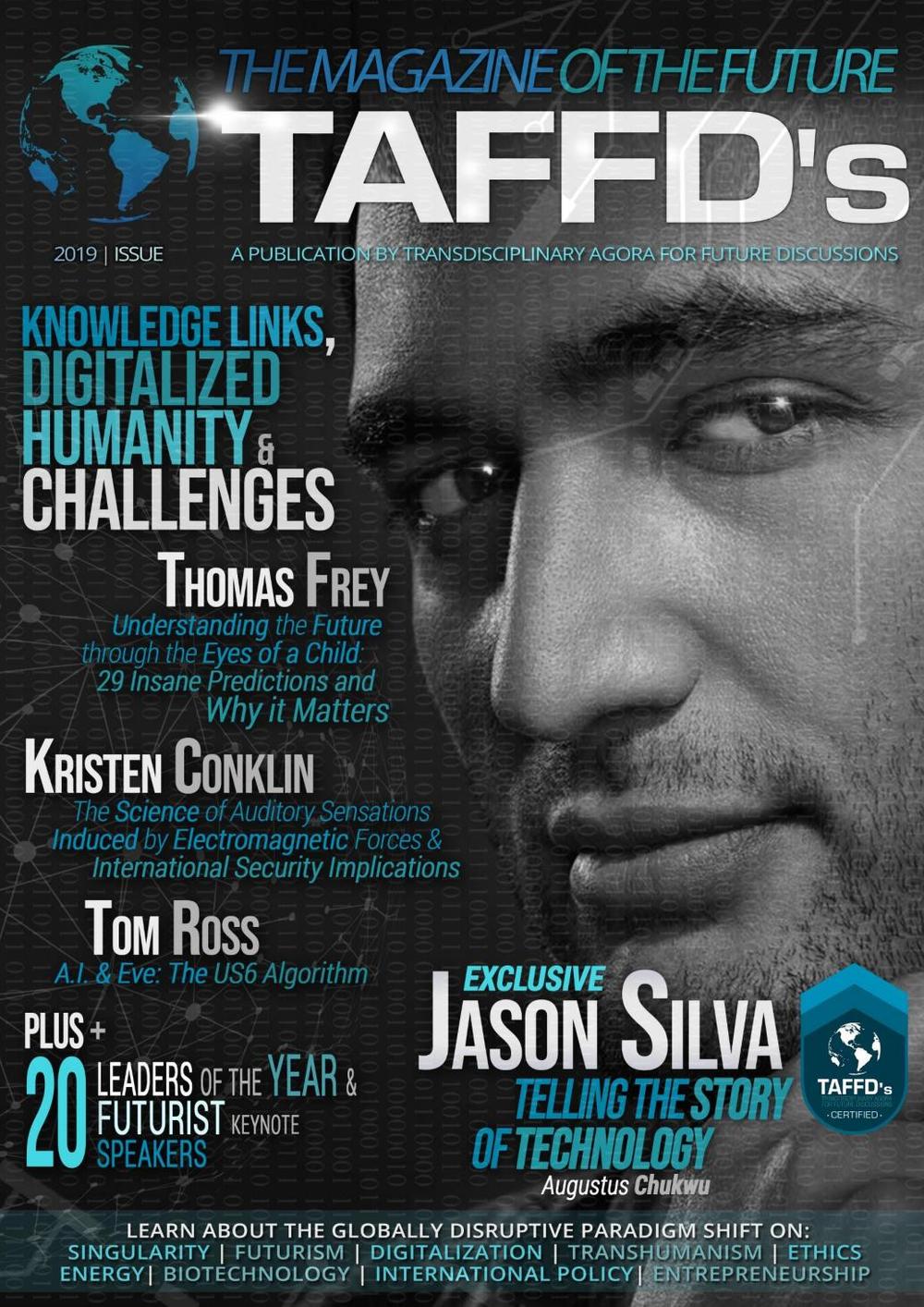Mar 20, 2020
Coronavirus could cause fall in global CO2 emissions
Posted by Quinn Sena in categories: biotech/medical, government, policy, sustainability
Responses to outbreak also show how government policy and behavioural changes can have impact.
Responses to outbreak also show how government policy and behavioural changes can have impact.

The mission of healthy life extension, or healthy longevity promotion, raises a broad variety of questions and tasks, relating to science and technology, individual and communal ethics, and public policy, especially health and science policy. Despite the wide variety, the related questions may be classified into three groups. The first group of questions concerns the feasibility of the accomplishment of life extension. Is it theoretically and technologically possible? What are our grounds for optimism? What are the means to ensure that the life extension will be healthy life extension? The second group concerns the desirability of the accomplishment of life extension for the individual and the society, provided it will become some day possible through scientific intervention.
How will then life extension affect the perception of personhood? How will it affect the availability of resources for the population? Yet, the third and final group can be termed normative. What actions should we take? Assuming that life extension is scientifically possible and socially desirable, and that its implications are either demonstrably positive or, in case of a negative forecast, they are amenable – what practical implications should these determinations have for public policy, in particular health policy and research policy, in a democratic society? Should we pursue the goal of life extension? If yes, then how? How can we make it an individual and social priority? Given the rapid population aging and the increasing incidence and burden of age-related diseases, on the pessimistic side, and the rapid development of medical technologies, on the optimistic side, these become vital questions of social responsibility. And indeed, these questions are often asked by almost any person thinking about the possibility of human life extension, its meaning for oneself, for the people in one’s close circle, for the entire global community. Many of these questions are rather standard, and the answers to them are also often quite standard. Below some of those frequently asked questions and frequently given answers are given, with specific reference to the possibility and desirability of healthy human life extension, and the normative actions that can be undertaken, by the individual and the society, to achieve this goal.
Continue reading “Frequently Asked Questions on the Ethics of Lifespan and Healthspan Extension” »

First wave 🌊.
Your questions answered — an update (11−03−2020): Professor Neil Ferguson on the current status of the COVID-19 Coronavirus outbreak, case numbers, intervention measures and challenges countries are currently facing.
Continue reading “Update on COVID-19 outbreak with Professor Neil Ferguson” »
Technology Policy Discussion Event for Presidential Candidates: Featuring Adam Kokesh, Ben Zion, John Macafee, Vermin Supreme, Zoltan Istvan and more.
Causes event in Melbourne, VIC, Australia by DEBT NATION on Sunday, March 15 2020.
NASA’s Ames Research Center in California has issued a mandatory policy for employees to work from home after one worker tested positive for the coronavirus responsible for COVID-19.
The research center, which is located in Moffett Field in the Silicon Valley, has been placed on restricted access after the employee was confirmed to have the coronavirus on Sunday (March 8).
I am not naive — I’ve worked as an aerospace engineer for 35 years — I realize that PR can differ from reality. However, this indication gives me some hope:
“The draft recommendations emphasized human control of AI systems. “Human beings should exercise appropriate levels of judgment and remain responsible for the development, deployment, use, and outcomes of DoD AI systems,” it reads.”
This is far from a Ban on Killer Robots, however, given how many advances are being overturned in the US federal government (example: the US will now use landmines, after over 30 years of not employing them in war), this is somewhat encouraging.
Continue reading “Pentagon to Adopt Detailed Principles for Using AI” »

How close are we to creating a synthetic human genome?
Creating humans is also an ethical minefield. Unsettled questions about who might own a synthetic human genome abound. Boeke warns that ownership could come down to who ends up funding the project development. Rob Carlson, a co-author of the GP-Write proposal, is even more skeptical of the idea of a patented artificial human genome, pointing out via email that “as soon as there is any possibility of a synthetic genome being used to germinate a live human, then ownership is obviously out of the question anyway…because you are now talking about owning a person.”
Continue reading “Synthetic genomics – Inside the effort to create entire genomes from scratch” »

Congratulations to Osinakachi Gabriel for his launch of the first publication the TAFFD’s “Magazine of the Future” — Also thanks for the Bioquark (page 37) and Regenerage (page 72) profiles — https://issuu.com/taffds/docs/taffd_s_magazine_2019 #Futurism #Longevity #Transhumanism #Biotechnology #Health #Wellness #Regeneration #LifeExtension #Aging #Immortality #IraPastor #Bioquark #Regenerage #Ideaxme #Singularity #Consciousness #AI #JasonSilva #ArtificiaIIntelligence #SENS
In this first issue by Trandisciplinary Agora For Future Discussions, we approach reality from a transdisciplinary perspective in order to find unity and greater understanding of the world as we enter a new paradigm in technological advancements that will lead us to transcending our own biology while enhancing our mental and physical limitations. We explore all topics that relate to transhumanism, cybernetic singularity, energy, consciousness, international policy, electromagnetic forces, language, AI, digitalization, ethics, philosophy, biotechnology, futurism and more.
The human microbiome is an important emergent area of cross, multi and transdisciplinary study. The complexity of this topic leads to conflicting narratives and regulatory challenges. It raises questions about the benefits of its commercialisation and drives debates about alternative models for engaging with its publics, patients and other potential beneficiaries. The social sciences and the humanities have begun to explore the microbiome as an object of empirical study and as an opportunity for theoretical innovation. They can play an important role in facilitating the development of research that is socially relevant, that incorporates cultural norms and expectations around microbes and that investigates how social and biological lives intersect. This is a propitious moment to establish lines of collaboration in the study of the microbiome that incorporate the concerns and capabilities of the social sciences and the humanities together with those of the natural sciences and relevant stakeholders outside academia. This paper presents an agenda for the engagement of the social sciences with microbiome research and its implications for public policy and social change. Our methods were informed by existing multidisciplinary science-policy agenda-setting exercises. We recruited 36 academics and stakeholders and asked them to produce a list of important questions about the microbiome that were in need of further social science research. We refined this initial list into an agenda of 32 questions and organised them into eight themes that both complement and extend existing research trajectories. This agenda was further developed through a structured workshop where 21 of our participants refined the agenda and reflected on the challenges and the limitations of the exercise itself. The agenda identifies the need for research that addresses the implications of the human microbiome for human health, public health, public and private sector research and notions of self and identity. It also suggests new lines of research sensitive to the complexity and heterogeneity of human–microbiome relations, and how these intersect with questions of environmental governance, social and spatial inequality and public engagement with science.
